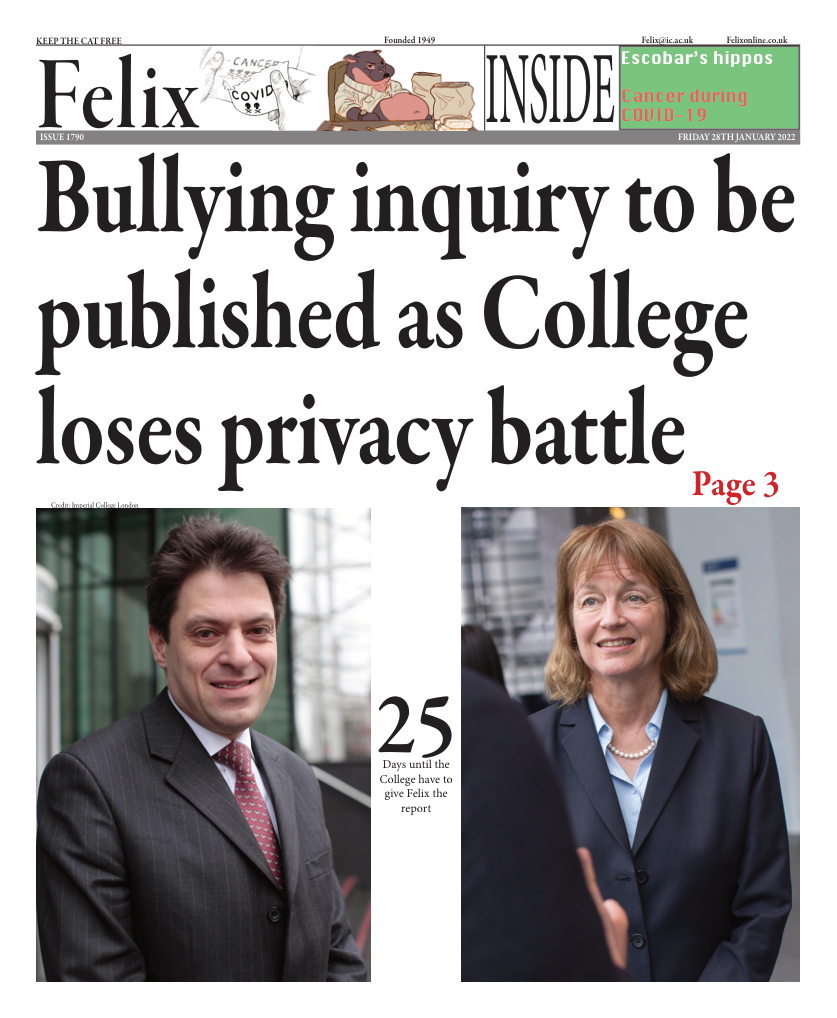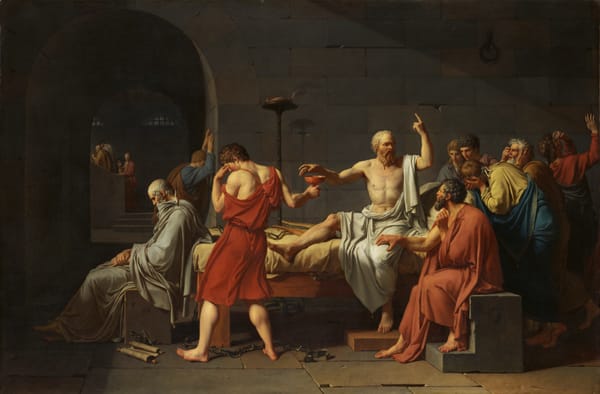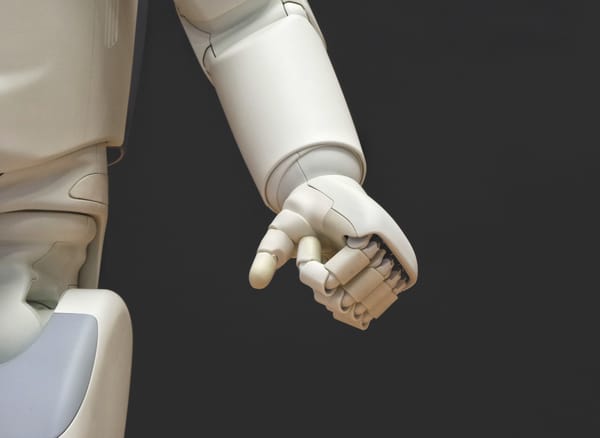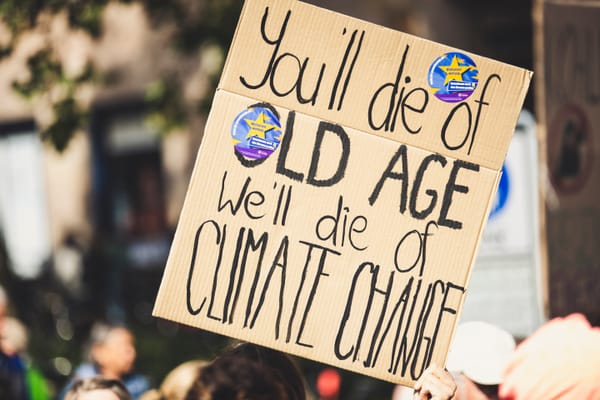Not another teen series?
HBO’s Euphoria is back, and I will not be watching it this time.
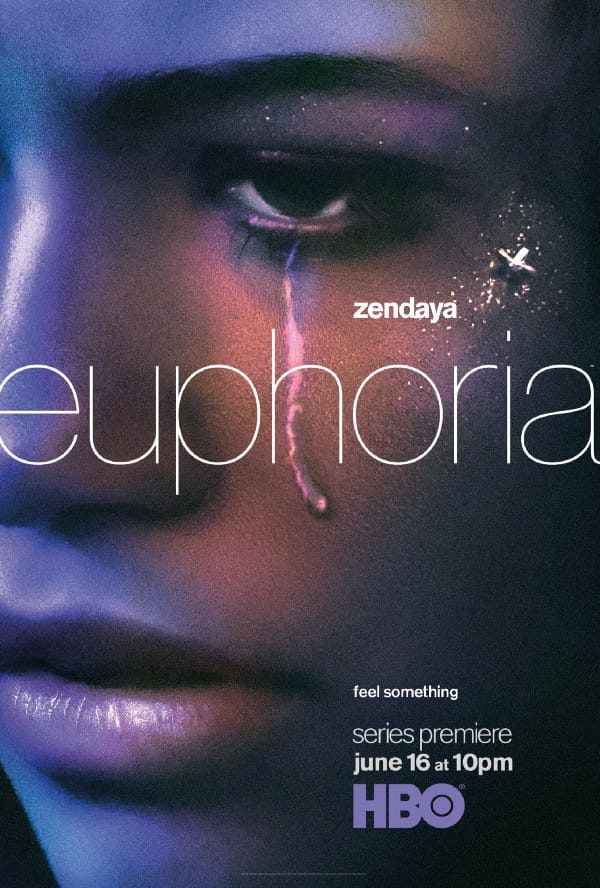
Euphoria is a HBO television series that follows the fast-paced lives of high school students in a suburban town. Euphoria premiered in June 2019, and it very quickly became a hit series, with the show winning 15 of its 47 award nominations. Most notably, lead actress Zendaya Coleman won the award for Outstanding Lead Actress in a Drama Series in the 2020 Emmys, which, at the age of 24, made her the youngest actress to win the accolade in the award history. I was also delighted to see British musician Labrinth pick up the Creative Arts Emmy for Outstanding Original Music and Lyrics because the soundtrack he produced for the series was simply sublime.
The series itself was a whirlwind, with the “Danny Elfman meets Yeezus meets Gospel” music, stylish characters, and dreamy visuals, juxtaposed by the dark, raw storylines. A combination that undoubtedly helped pull in viewers who were attracted to the aesthetics of youth but were seeking a teenage drama that did not shy away from controversial themes. See, Euphoria is roughly what Skins was, if you were to remove the grittiness that came with a mid-2000s show set in Bristol. That said, Euphoria was based off a 2012 Israeli mini-series of the same name, and it was this show that was inspired by Skins. Just like its original and Skins, Euphoria is very explicit, and uncensored in the depiction of teenager’s relationships, addictions, insecurities, and flaws.
This unfiltered approach to adolescence is appreciated by some, but naturally there were critics who questioned whether it was appropriate to depict teenagers in such explicit and mature content. Three years ago, I somewhat disagreed with such criticism. At the time, I thought I appreciated the ‘realism’ of such content. Yet now, after almost three years, the show has returned to the streaming world, and I have decided that I will not be watching it this time.
In the three-year gap between season one and two, I grew from a 19-year-old to a 21-year-old woman. A small jump in age, but for me it was years of mental, emotional, and (admittedly very little) physical growth. So, in that time, I gravitated away from media that centred on teenagers. If I do watch any coming-of-age content, they tend to be films or series I watched when I was a teenager, so the appeal is more nostalgic for me. At this age, it feels odd to consume new media that is for teenagers and about teenagers; especially as teenage representation is becoming increasingly mature in its nature. So, after I came across the trailer for season two of Euphoria, the thought of watching adult actors, who had also aged three years since season one, pretending to be 17 to 18-year-olds prompted me to ask myself: “who is this show for?”
Well in October, the series Director and Writer, Sam Levinson, made it clear that the new season was going to be a “brutal season” for the teenage characters, even more so than the last. So, it came as no surprise when, lead actress, Zendaya issued a message on Instagram just before the new season aired, warning that the show was created for “mature audiences”. Which, if we go by American TV Parental Guidelines, means that the show is not suitable for viewers below 17 years old. Given that the show is quite forthright in its presentation of teenagers having sex, taking drugs, and everything else in between, I can see why it is not appropriate for younger viewers. So, by process of elimination, this would mean that the show is therefore appropriate for adult viewers. This prompted me to ask myself another question: “is there not something slightly weird about adults watching imaginary minors in their most intimate moments?”
Granted, I understand that every adult was once a teenager, and so we can all relate to the trials and tribulations experienced through teenage years. Levinson himself was addicted to drugs in his youth until he was 19 years old, and it was his retrospection into his teenage years that also motivated him to write the HBO series. In a 2019 Entertainment Weekly interview, he stated that he wrote the series in an attempt to “capture that kind of heightened sense of emotion, when you’re young and how relationships feel. Relationships have such a pull and people have such a pull, and the world feels like it’s just constantly sort of bearing down on you and that anxiety and those sort of mood swings that I think are inherent to being young, in general then, but are even more so when you struggle with anxiety and depression and addiction.” While I may disagree with the execution of his vision, Levinson is right. Those formative teenage years are emotionally, physically, and mentally tumultuous, so I appreciate it when the struggles of youth are taken seriously in the media, instead of being swept aside.
So, yes, not every adult viewer has nefarious intentions for watching the show. It is understandable that some just like to watch the show for entertainment. Or to reminisce on their youth vicariously through teenage characters, and as wild and unfamiliar as the character’s lifestyles may seem to some, there are undoubtedly people who can relate to their experiences. I am not arguing for censorship of the often-harrowing experiences that teenagers have; I am a prudent person. I believe that there is a lot of value in having open and serious discussions about the realities faced in our teenage years, media can sometimes facilitate these discussions. I accept that there is nuance to this topic, and I understand the arguments against mine, but I still think that there is an issue here with the voyeuristic way in which adults consume explicit content about teenagers. I think that the age of the actors plays a large role in why adult viewers are not very hesitant to watch the show. These ‘teenagers’ look like adults because the actors are adults, and I am sure that plays a role in desensitising viewers to mature content depicting minors. Though, there is a pragmatic reason behind casting adults.
Due to US child labour laws, having an actor under the age of 18, a minor, on a television series can be quite costly. This is due to the restrictions on the hours they can work. I can only hope that if such a law did not exist, and minors on-screen could be minors off-screen, people would see the glaring issue in teenagers being overtly sexualised in the media.
On social media, a suggestion that I have seen viewers propose is that the show should have been made in a college setting, since that would be more age-appropriate, and college tends to be when most young people gain the freedom for more experiences. Of course, other viewers countered that point with the fact that college is not a relatable setting for all viewers, but high school is. Never mind how odd it was that this insistence seemed to come mostly from viewers who were not minors, the characters in the show spend no visible amount of time doing any schoolwork at all. The high school is simply a physical setting at most, something that connects characters with little in common. And at best, the high school setting provides a clear identifier of their youth, which is undoubtedly a source of nostalgia for adult viewers.
Ultimately, I have a problem with the growing trend to portray fictional minors in explicit media, even more so when the content becomes so explicit that it is marketed as something for mature audiences only. As adults we should be highly aware of the fact that the representation of teen-hood in the media is not without consequence. My biggest concern is that shows that claim to open dialogue about the growing pains of youth, simply desensitise viewers to the point that we forget that teenagers in such extreme circumstances are vulnerable minors. As adults it is weird to indulge in media that softly romanticises these experiences for entertainment.

